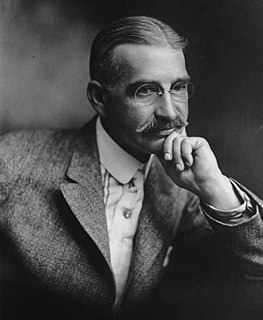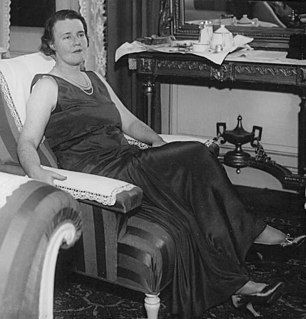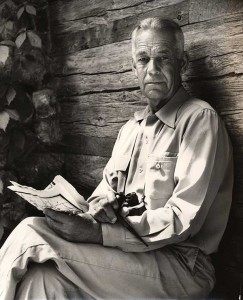A Quote by William Barr
We humans have a powerful instinct to flee from peril. It takes a special kind of courage, a deep sense of duty, and extraordinary character to overcome these impulses and - for the sake of others - to run toward the danger.
Related Quotes
Courage that grows from constitution very often forsakes a man when he has occasion for it, and when it is only a kind of instinct in the Soul breaks out on all occasions without judgment or discretion. That courage which proceeds from the sense of our duty, and from the fear of offending Him that made us, acts always in a uniform manner, and according to the dictates of right reason.
With the unknown, one is confronted with danger, discomfort, and care; the first instinct is to abolish these painful states. First principle: any explanation is better than none. . . . The causal instinct is thus conditional upon, and excited by, the feeling of fear. The "why?" shall, if at all possible, not give the cause for its own sake so much as for a particular kind of cause -- a cause that is comforting, liberating, and relieving.
So many of the models of courage we've had, ones that are still taught to boys and girls, are about going out to slay the dragon, to kill. It's a courage that's born out of fear, anger, and hate. But there's this other kind of courage. It's the courage to risk your life, not in war, not in battle, not out of fear ... but out of love and a sense of injustice that has to be challenged. It takes far more courage to challenge unjust authority without violence than it takes to kill all the monsters in all the stories told to children about the meaning of bravery.
Cultivating care and concern for others gives rise to a kind of inner strength. No matter what difficulties or problems you face, in this wider context they’ll seem less significant and troubling to you. The inner strength, self-confidence and courage you gain by focussing on others’ needs instead of your own, brings with it a deep, calm sense of satisfaction.
We have a duty to warn on an individual basis if we are treating someone who may be dangerous to herself or to others - a duty to warn people who are in danger from that person. We feel it's our duty to warn the country about the danger of this president. If we think we have learned something about Donald Trump and his psychology that is dangerous to the country, yes, we have an obligation to say so.
The whole Hollywood conception of Tibet as this peace-loving country denies the complex humanity of the Tibetan people. Their ideas exist in a high degree of tension with impulses toward corruption, toward violence, toward all sorts of things. The Dalai Lama himself would say that he has to fight these impulses himself on a daily basis.
One cannot run from a challenge without losing. To flee is signing a death warrant to dignity and character, and, having run, there is no return; one is a weakling forever. Meeting a challenge, though one may be defeated, gives strength, character, and a certain assurance that regardless of outcome, one will survive or go down fighting.




































